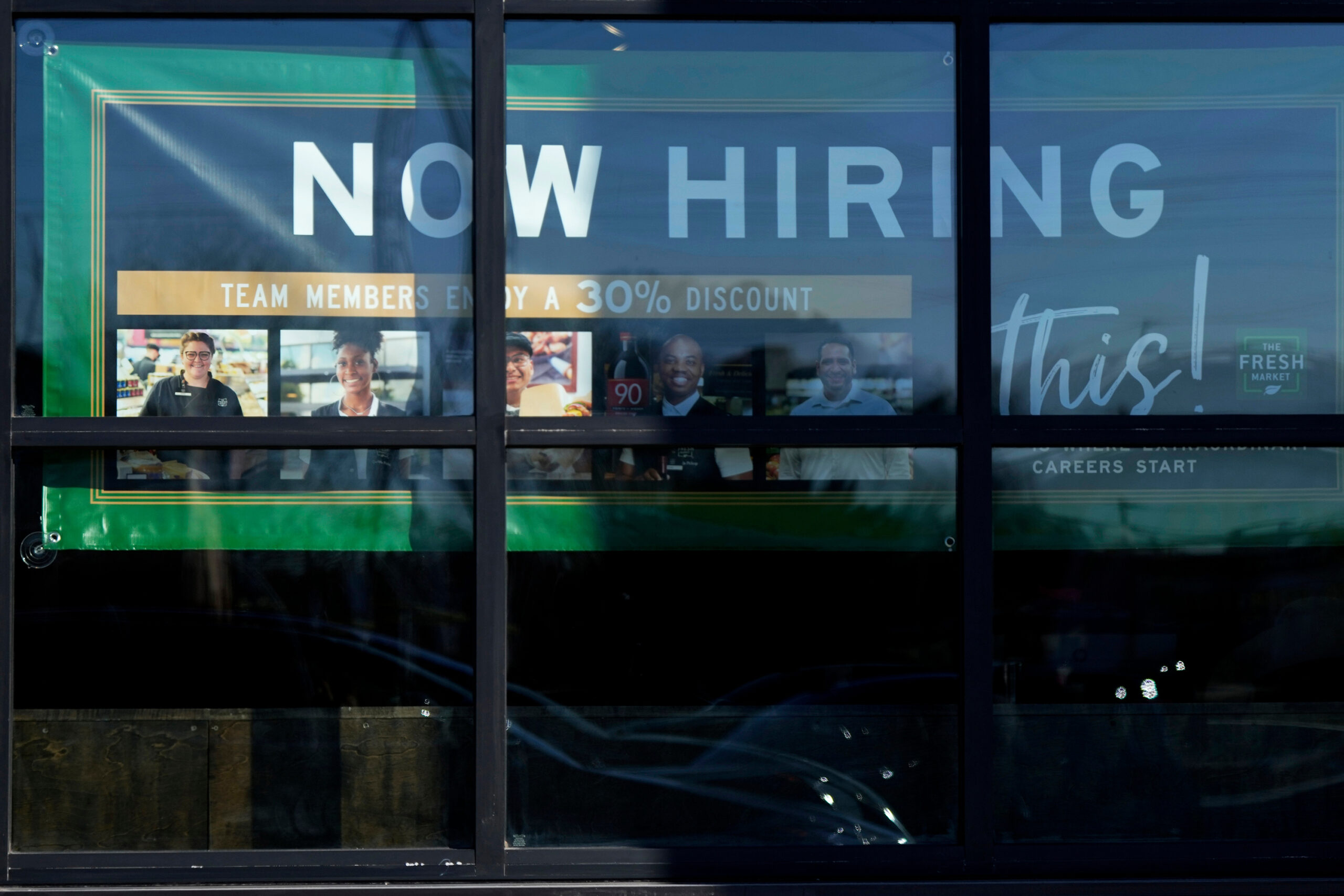
Whether you’re interested in personal development, optimizing a small business workforce—or even stamping out office drama—more people are turning to personal assessments every year. You may even be one of them.
Personal assessments are carefully crafted questionnaires, which when filled out, can help determine personal strengths, motivations, personality style, and more. The New York Times noted that each year “some 100 million workers worldwide” take personal assessments. Meanwhile, Harvard Business Review reported that 76% of organizations with more than 100 employees relied on assessment tools for external hiring.
These assessments are designed to help people better understand themselves, ultimately allowing businesses to work more effectively. Of the many different assessments out there, the DISC model has grown to become arguably the most widely used around the world. According to Inc., roughly three-quarters of Fortune 500 companies employ DISC—and Assessments 24×7 has helped drive its spread.
What Assessments 24×7 offers
Founded more than 20 years ago by communication expert Dr. Tony Alessandra and technical whiz Brandon Parker, Assessments 24×7 is now a global leader in the assessments field. Boasting more than 15 million assessments administered since the firm’s launch, their goal remains the promotion of personal chemistry and productive relationships. But despite 25 different assessment models, built to measure everything from emotional intelligence to company culture, DISC remains their most popular product. And for good reason.
DISC assessments are relatively simple to understand and can have a profound impact, says Parker, who now serves as Assessments 24×7 CEO. The company was one of the first to make DISC assessments widely available online and has since developed its own technology to administer it. “DISC is really the foundation of all of these [other] assessments,” he explains.
What is DISC?
The DISC theory was first proposed as a way of breaking down behavior and emotional style in the late 1920s by psychologist William Moulton Marston. It was later refined into an assessment—one that can help people understand how their own behavior and perception impacts the world around them. It involves answering a list of situational questions designed to suss out personal preference in a variety of specific settings. An example might be indicating how strongly you agree or disagree with a statement such as “I like to be involved in group projects.”
At its core, DISC measures four personality traits:
- Dominance (assertive, driven)
- Influence (outgoing, people-oriented)
- Steadiness (patient, structured, not a risk-taker)
- Conscientiousness (analytical, precise)
Many businesses use those traits to help get the right person in the right place for success—you do want to make sure your sales people are outgoing, and technical roles are staffed by those who thrive on detail, Parker notes. But really, Assessments 24×7 has learned the main benefit of their work is simpler.
“Companies will use assessments for positioning and hiring and moving people within the company,” Parker explains. “But the primary use of behavioral-based assessments in business is for getting people to get along better, understanding each other better. It’s conflict resolution.”
The way this works is fairly intuitive. A person with high Dominance will be straight to the point and results-driven. They are great decision makers, but can be domineering or overbearing. Those who score high in Influence are creative “ideas people” who build strong connections—but may not be thinking about detail.
Likewise, high Steadiness results in a calm, dependable team member who might make a great manager but could struggle with abrupt changes. And the Conscientious type are detail-oriented planners and analytical organizers who often need a push to jump in.
Everyone is a mixture of each style, with one or two traits dominating. And some types are more naturally suited to specific roles in a relationship or business setting.
“There are things that people will excel in, and there are challenges for people,” Parker says. “If you’re an SC [a combination of both “S” and “C” traits] and you’re being told to start making phone calls or you had to work the customer service desk at baggage claim, you would not be able to handle that because you would be so personally destroyed by the potential conflict.”
Parker is careful to note that no style is better than the others. “Now in the eyes of a business, they might be focused on a particular style for a particular type of role … but there’s nothing [inherently] wrong with [any personal style],” he says.
How Assessments 24×7 uses DISC
In his experience with Assessments 24×7, Parker has learned that most people work in groups—and the ideal group has members representing each style, working in roles that suit them. “The point is everybody’s got something to bring,” he explains. “They’re just going to communicate and receive information in different ways.”
Parker feels that DISC assessments can help people work together in efficient and constructive ways, even if their personal styles clash. This is the bread and butter of Assessments 24×7.
“If I really understand myself, my adaptability, my communication style, other people that I’m working with… I will always be able to come back to that foundation of, ‘Well, how should I communicate this to these people, and how do I want to receive this?’” he explains. “How should I receive this information?”
Parker says his company is not too big to take their own advice. DISC (and other assessments) are utilized to their full extent in the Assessments 24×7 office. He’s careful to say no company should make hiring decisions based solely on DISC assessments, but in an office setting, an individual’s results could be displayed–say, on their desk nameplate–helping coworkers know how to approach each other.
“Internally within our company, it saves so much by knowing there’s certain personalities that are certain ways,” Parker says. “We just know exactly what we’re doing and how we’re presenting our information or what we ask of people.
“Take my partner Tony,” he goes on. “Tony is a high D—a results-driven financial guy. He’s got the business hat on.… I have always come from a place where I care about people and the results of how this helps people. And what’s been such a joy for me in this whole business for 20 something years, is how it’s affected my personal life, my relationships with people.”
Other products by Assessments 24×7
Importantly, Assessments 24×7 does much more than provide assessments. By creating its own underlying technology platform, Parker says more than 9,800 custom assessment projects have been programmed and implemented around the world.
The company also offers certification and training technology, marketing platforms and a complete white label environment that lets others (even competitors) create and brand their own assessment products. This makes Assessments 24×7 a trusted, foundational rock within the industry.
It’s not their official slogan, but every day Parker likes to remind himself that Assessments 24×7 is about changing the world, one assessment at a time. And to him, seeing the result of all their work is worth it.
“I love that these [assessments] help people in the business space. And I know it’s helping reduce conflict. The amount of conflict and issues that people have emailed us about that are just non-existent anymore—I think that’s the big point,” he says. “A lot of people see the world through their own norms based on how they are, and then they judge everybody based on that. And this concept [of learning each person has their own style]… it’s such a light bulb, a-ha moment of, ‘Oh wow, I get it now. I understand.’”
Photo by JLco Julia Amaral/Shutterstock




